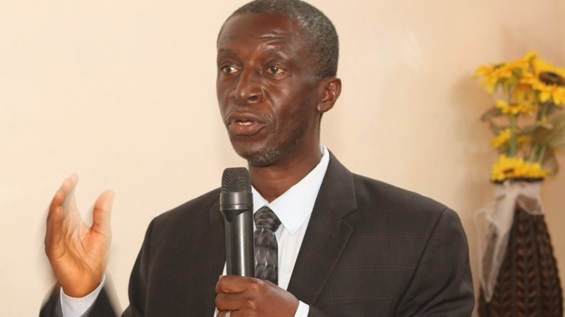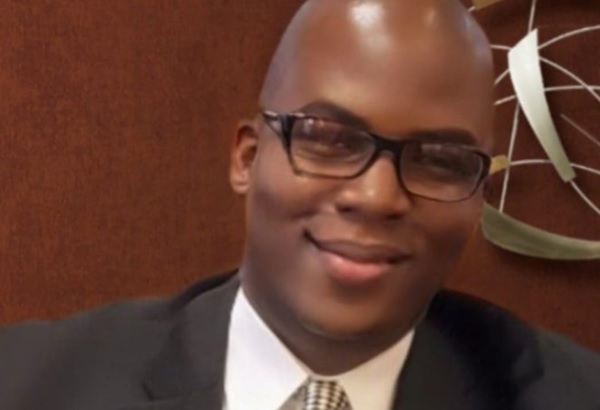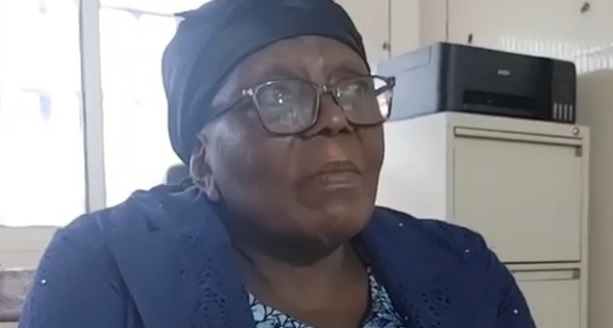MONROVIA – In a stirring address at the Center for Intellectual Exchange (CIEO) in Monrovia on June 12, 2024, Cllr. Tiawan Saye Gongloe, a prominent Liberian human rights advocate, delivered a compelling message on the profound issue of corruption that continues to afflict African nations. Gongloe’s speech, part of the Joint Civil Society Anti-corruption Awareness Program, starkly illuminated the stark contrast between the promises made by politicians to combat corruption during their campaigns and the stark realities that unfold once they assume office.
Gongloe passionately lamented the all-too-common scenario where anti-corruption commitments evaporate into excuses and inaction post-elections. He sharply criticized the hypocrisy of political elites who enjoy opulent lifestyles while the majority of citizens endure poverty and deprivation of essential services. Drawing attention to how corruption not only enriches a privileged few but also obstructs regional development, Gongloe cited the collapse of West African airlines due to corrupt practices as a glaring example.
Beyond critique, Gongloe issued a resounding call to action for a new liberation movement against corruption in Africa. He urged a united effort among civil society, the media, and the youth to tirelessly expose and combat corruption. Gongloe advocated for legislative reforms to eliminate statutes of limitations on corruption offenses, ensuring accountability across all levels of governance.
However, Gongloe’s critique extends beyond corruption’s economic impact to its corrosive effects on social cohesion and political stability. He argued that societies where a wealthy minority flaunts privilege while the majority languishes in poverty cannot sustain unity or peace. Such inequality, Gongloe warned, fosters resentment and undermines efforts toward national reconciliation and sustainable development. Emphasizing the vast disparities in healthcare and education between the ruling elite and ordinary citizens, Gongloe underscored the urgency of eradicating corruption as a prerequisite for genuine social progress.
Moreover, Gongloe challenged the prevailing notion that corruption is an unavoidable facet of African governance. He rejected complacency and fatalism, urging Africans to reject leaders who fail to uphold ethical standards. Gongloe’s call for a “people’s war against corruption” resonates with grassroots movements across the continent demanding transparency and accountability from elected officials. This grassroots approach, he argued, is crucial to overcoming entrenched interests and ensuring that political power serves the collective welfare rather than personal gain.
Echoing civil society sentiments, Gongloe highlighted the media’s pivotal role in exposing corruption and empowering citizens with information. He called for an independent press to act as a watchdog, holding leaders accountable and upholding democratic principles. Gongloe’s advocacy for legal reforms to strengthen anti-corruption measures reflects a holistic strategy to dismantle impunity and foster a culture of integrity in African governance.
Gongloe’s symbolic call for a “broom movement” signifies a collective commitment to sweep away corruption and establish transparent governance across the continent. His message resonates as a challenge to African citizens to reclaim their nations from the grip of corruption, demanding that governments prioritize the people’s welfare over personal enrichment.
As Africa navigates the complexities of economic development and political stability in the 21st century, Gongloe’s vision offers a transformative roadmap. By mobilizing citizens around a shared commitment to clean governance and equitable opportunity, he envisions a future where African nations leverage their abundant resources for collective prosperity.
Ultimately, Gongloe’s call transcends political divisions, advocating for a continent-wide movement that champions justice, fairness, and prosperity for all Africans. His vision is one of hope and determination, urging Africans to seize their collective destiny and build a future where integrity and ethical leadership prevail over self-interest and exploitation.







